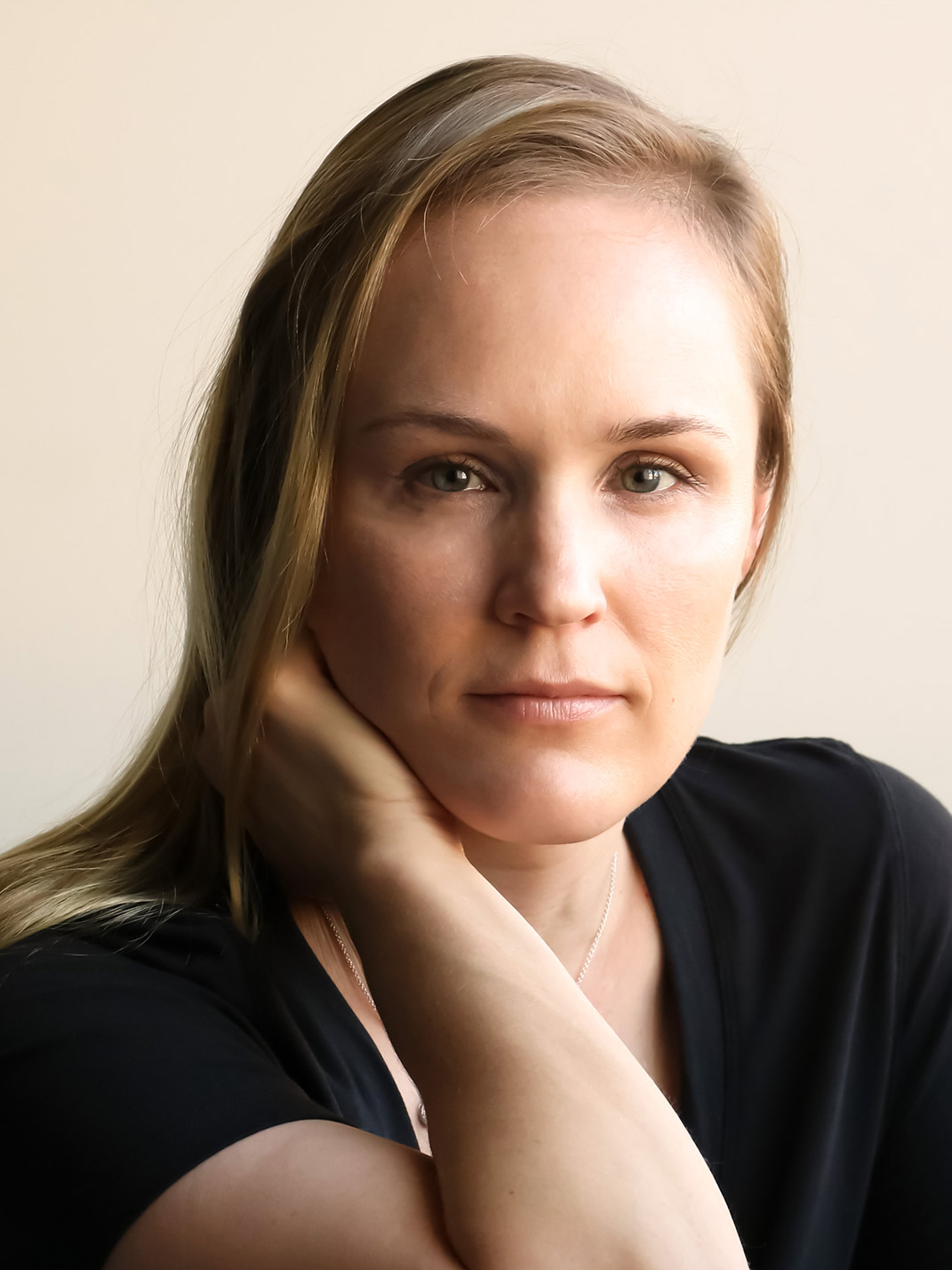Kate Wassum
Corticolimbic circuitry in reward learning and pursuit
 Kate Wassum
Kate Wassum
Department of Psychology, UCLA
Brain Research Institute, UCLA
Abstract
To make adaptive decisions we must cast ourselves into the future and consider the outcomes of our potential choices. This prospective consideration is informed by our memories. I will discuss our lab’s recent work investigating the neural circuits responsible for encoding, updating, and retrieving reward memories for use in the considerations underlying decision making. We have taken a multifaceted approach to these investigations, combining recording, circuit dissection, and behavioral tools. Our results are indicating that the orbitofrontal cortex and basolateral amygdala work in a circuit to regulate the encoding and retrieval of reward memories to ensure adaptive reward pursuit. The cognitive symptoms underlying addiction can result from a failure to appropriately learn about and/or anticipate potential future events, making these basic science data relevant to the understanding and potential treatment of addiction to drugs or alcohol.